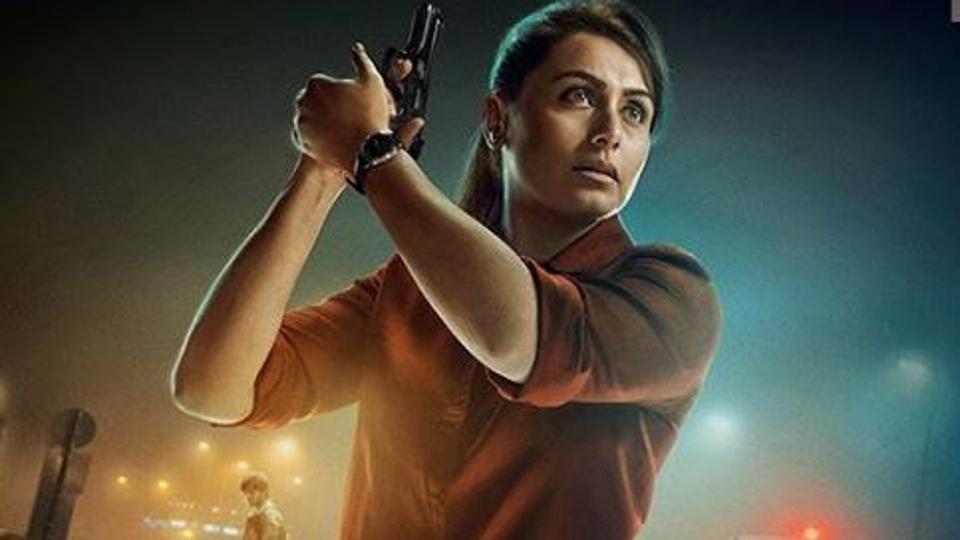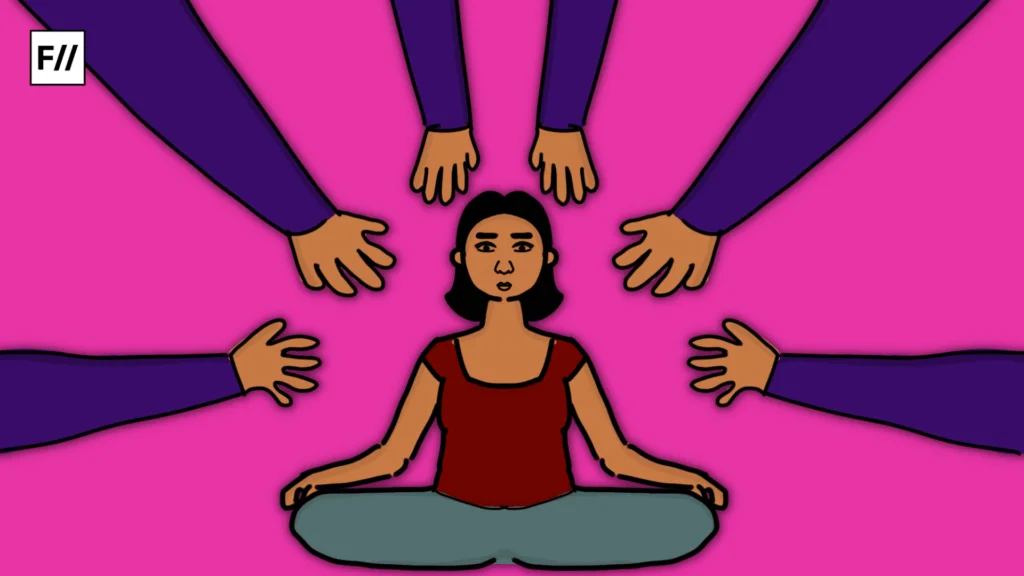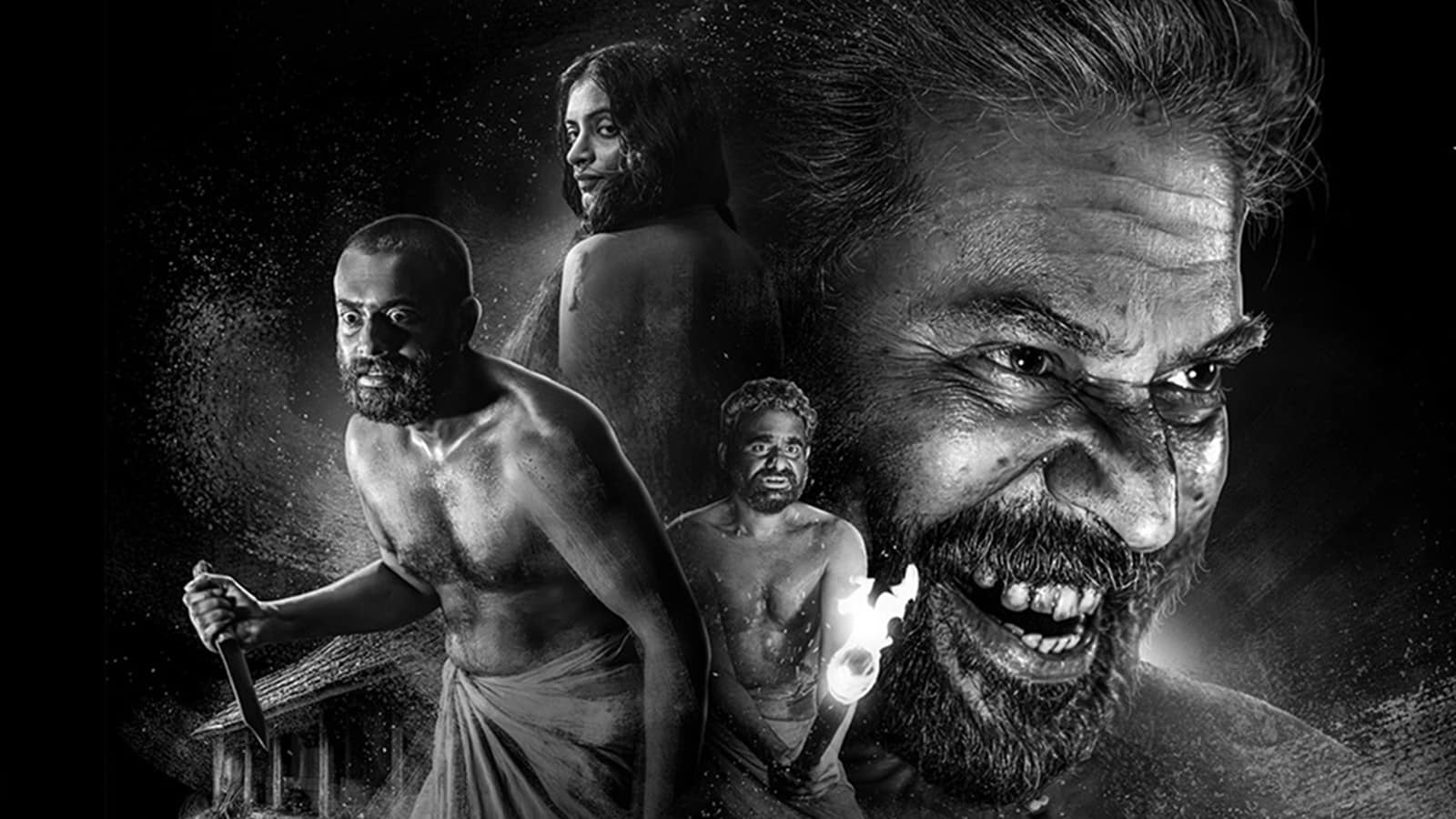Trigger Warning: Sexual Assault, Violence
Spoilers ahead!
Mardaani 2 isn’t flawless, but it is revolutionary in a deeply patriarchal and misogynistic society. Mardaani 2 stand isn’t one of those movies with weak female leads – whose stories aren’t their own, but of the men surrounding them – that call their characters empowered or feminist. In fact, it doesn’t spend any time patting its own back for being women-centric. It invests in strong women characters who are allowed to just be, rather than being forced into narrow boxes of stereotypes and dated tropes.
A movie about a Superintendent of Police – Shivani Shivaji Roy, portrayed by Rani Mukherjee, attempting to solve a string of crimes of sexual violence and murder in the city of Kota and bringing to justice a 21-year-old serial rapist, murderer, and contract killer; Mardaani 2 is of great significance in a time when women continue to be treated as less-thans in films, who are meant solely to satisfy the male gaze, and in a society where crimes of sexual violence continue to grow in an environment fuelled by apathy, misogyny, slut-shaming, and victim-blaming.
In the first five minutes of the movie, Mukherjee chastises a colleague for slut-shaming a survivor of sexual violence, saying that she had it coming. Mardaani 2 constantly challenges victim-blaming and the notion of the ideal victim; it questions and condemns the Madonna-Whore complex that years of patriarchy and misogyny have conditioned a whole culture to have.
the movie acknowledges that sexual violence doesn’t exist in a vacuum, but is symptomatic of a culture that condones violence against women and their dehumanisation.
The movie also understands sexual violence with nuance and sensitivity. Sexual violence in the movie isn’t portrayed as a desire for sex resulting in rape – as is the case with most of Hindi cinema – and neither is it a tool to further the arc of a male hero; but sexual violence in the movie is about power and control, committed by a man who is violently conditioned into believing that women should stay in their place- their place being away from public life, dedicating their lives to furthering the interests of the men around them.
In doing this the movie also acknowledges that sexual violence doesn’t exist in a vacuum, but is symptomatic of a culture that condones violence against women and their dehumanisation, and considers it ideal for women to be entirely devoid of agency. The movie casts light on how rape culture fosters sexual violence and that we live in a culture so deeply misogynistic that sexual assault is condoned, justified, and excused on the daily.
What is perhaps the greatest aspect of the movie is its women. Not just Mukherjee, but almost no other woman in the movie needs saving. Mardaani 2 doesn’t have damsels in distress waiting on the self-righteous; woke but subtly misogynistic; walking embodiment of stereotypes; hero to save them. The women of Mardaani 2 are neither doormats and neither are they expected to embody unrealistic, masculine traits to seem brave. They are courageous, bold women who are very human. These strong women in the movie are the norm, not anomalies. They aren’t different than other women, they are just strong, everyday women.
Although, by far an empowering and even feminist movie, Mardaani 2‘s greatest drawback lies in its very name – Mardaani.
Mardaani – like a man; manly; the name implies that the women of Mardaani, or at the least, Mukherjee’s SP Roy is like a man because she is an empowered, courageous, and accomplished woman. As though traits of courage and competence can only lie within the purview of men, and women need to be an amalgamation of toxic masculine stereotypes and likability, to be these things. The women of Mardaani 2 don’t succumb to toxic masculine stereotypes that most women in the movies are subjected to in an effort to get audiences to stomach women characters and women-driven movies. Though the name betrays the essence of the movie, that in no way diminishes the fact that Mardaani 2 is as feminist a movie as Bollywood has made and is trailblazing.
Also Read: Mard Ko Dard Kyon Nahin Hota?— On Hegemonic Masculinity
Mardaani 2, like 2018’s Raazi doesn’t sexualise its women to satisfy the male gaze. The bold-but-sexy trope that is used beyond belief by Hollywood and Bollywood (on occasions it chooses to make movies where women aren’t mere props) doesn’t exist in Mardaani 2. Mukherjee or any other women in the movie are neither trying to seem sexually appealing or cater to the male gaze in order to justify the space they claim in the movie. Women in movies who play the lead are expected to justify their right to occupy the space they do, by allowing themselves to be objectified and sexualised, as a way to be allowed to exist on screen in roles that are traditionally played by men.
Both Mardaani 2 and Raazi are groundbreaking because they have blatant disregard for their women heroes to be accepted as heroes by subjecting them to toxic masculine ideals of what a hero should look like, the heroes of both these movies are fully human and these movies don’t care if we can stomach that or not.
the movie implores us to see how we, as a people, contribute to sexual violence by either actively participating in rape culture or by being mute spectators to it
Even when compared to movies that have called themselves women-centric, feminist, or empowering, Mardaani 2 comes out ahead by a long shot. Veere Di Wedding, released last year was hailed as a feminist, women-driven film, at least by the creators and cast, but the movies spectacularly failed to deliver. For a movie that tooted its own horn about being revolutionary and feminist, the movie failed the Bechdel Test and had characters that were mere caricatures of female stereotypes, whose life revolved around men or the lack thereof. But Mardaani 2 manages to achieve what most movies hailed as ‘women-centric’ don’t, making it feminist cinema and a pioneer in that regard.
For all its merits, the movie does lack nuance. For instance, a deeply misogynistic subordinate of Mukherjee’s character, who throughout the movie couldn’t stomach having to work under a woman who he believes to be incompetent and incapable as a function of her gender, suddenly does a complete 180 after he hears Mukherjee’s character mention on TV that women live in a far different world than men, something he already knew but thought should be the way of things.
Also read: Bollywood’s Tryst With Toxic Masculinity
Mardaani 2 does come-off as tone-deaf at times, treating patriarchy as the result of ignorance and not the institutionalised and deeply embedded system of oppression it is, and treats misogyny as something that would simply end if men would walk a mile in women’s shoes.
Mardaani 2 is what movies should look like in 2019. It is a movie with strong female leads who don’t have to justify their claim to space, with women who don’t need saving, and it coerces its viewers to introspect and question our deeply-misogynistic culture that fosters an environment where sexual violence is trivialised, normalised, and condoned. It implores us to see how we, as a people, contribute to sexual violence by either actively participating in rape culture or by being mute spectators to it; it implores us to look at the women we wrong every day.




